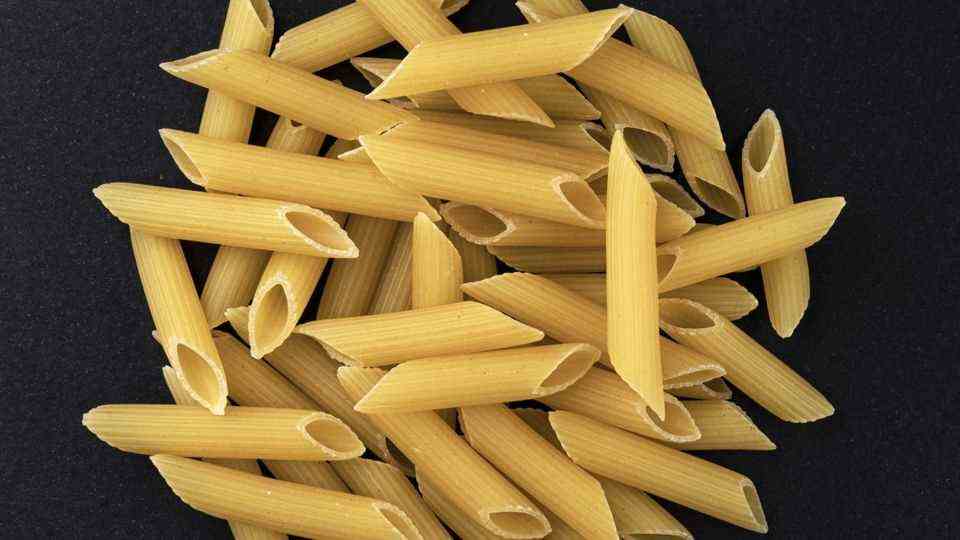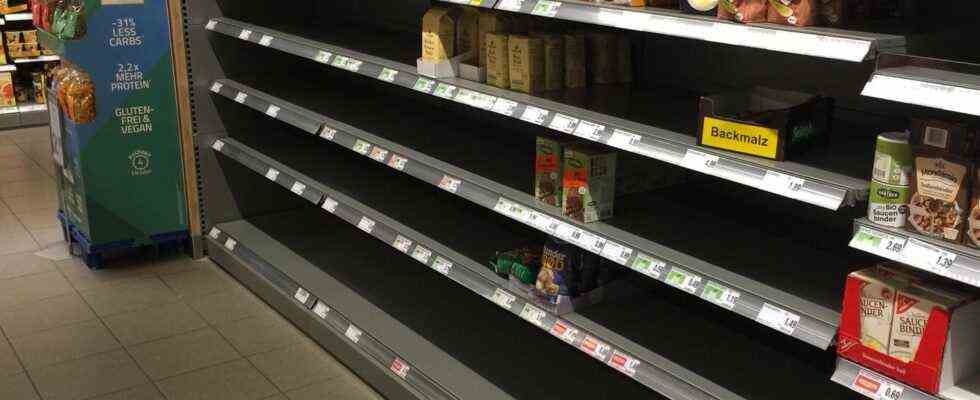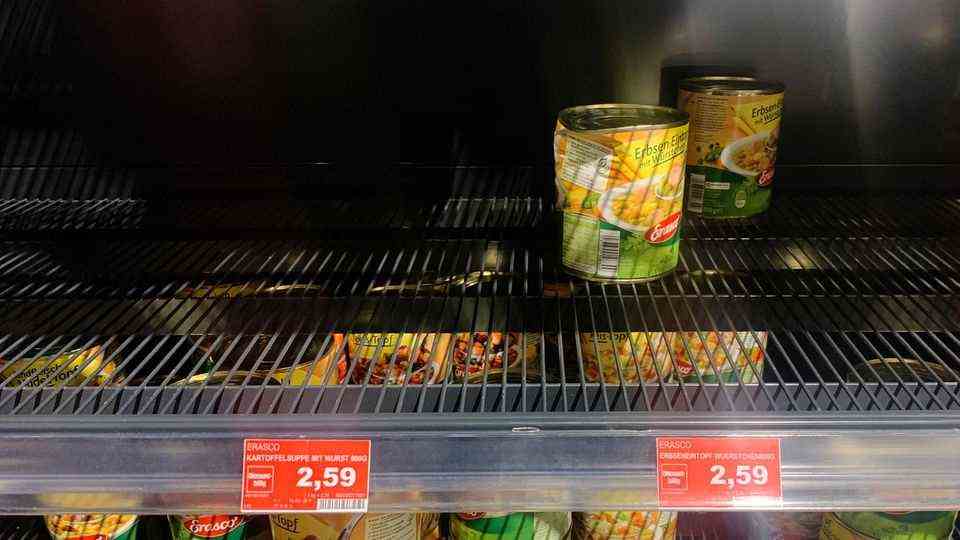Media report
Food delivery bottlenecks: First wholesalers issue warnings
Soon you will see “gaps” on the supermarket shelves (symbol picture).
© Photo booth / Schmitt / Picture Alliance
Several wholesalers are said to have given initial indications of impending delivery bottlenecks in the grocery trade. A lack of raw materials, insufficient transport capacities and the aftermath of the corona crisis are cited as triggers.
This article first appeared on RTL.de.
Customers have to wait a few months if they want to buy a new car or bike. It is true that various components are missing, for example circuits in the case of bicycles, but in cars it is more likely that semiconductors are not available in sufficient quantities. But the bottlenecks hit both industries hard. There are now initial indications that the supply crisis is also affecting the supermarkets.
Delivery bottlenecks in the food trade
As the “Lebensmittel Zeitung” reports, the food trade is now also struggling with increasing bottlenecks. Not only the non-food area is affected, i.e. the popular promotional items that are on offer every week. Because there have been delivery problems here for some time. First it was the mega-jam on the Suez Canal that caused empty shelves, but now it is mainly the containers from the Far East that do not always make it on time. Many other industries are also suffering from this, for example the furniture giant Ikea.
Now the supply of goods to the supermarkets should also be affected. According to research by the “Lebensmittel Zeitung”, several wholesalers are said to have notified their business partners of the problems. The Lekkerland Group, which belongs to Rewe and primarily supplies petrol stations and kiosks with goods, informed about “ongoing bottlenecks and failures, even at large manufacturers”.

Edeka manager reports on the current situation
According to “Lebensmittel Zeitung”, an Edeka top manager describes maintaining the availability of goods as a “daily struggle”. There should be no completely empty supermarkets, but you will “see gaps”. Various product groups are currently affected, from beverages to sweets to tobacco products. According to Coca-Cola, there are occasional delivery problems because aluminum cans are in short supply.
But it should not just be a lack of raw materials or insufficient transport capacities that lead to empty shelves. For example, some food manufacturers are said to have reduced staff and costs during the corona pandemic and are now no longer able to meet the strong consumer demand, which has been increasing significantly since the middle of the year, with sufficient speed. It is a cycle that will apparently continue into next year.


